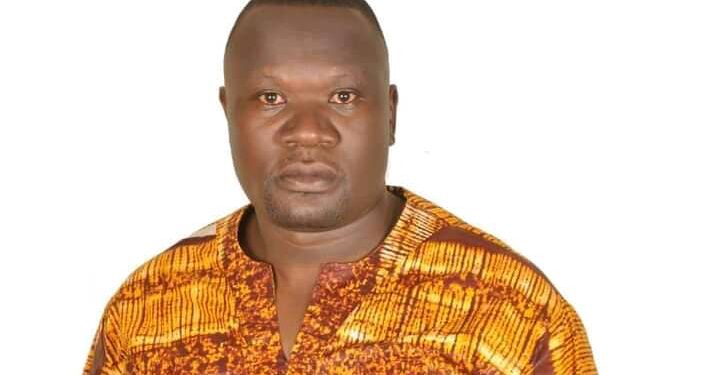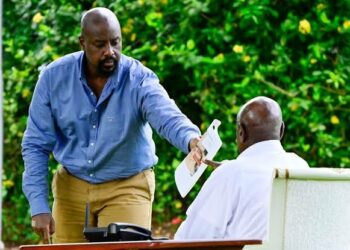Uganda is heading towards an intense political season and musicians have been striving to position themselves into angle where their contribution in the art will be most seen and felt, let alone where they will be profiting most. Music speaks to the mind and the heart and has a charming way to move political messages far and deeper than one could imagine.
Top and upcoming artistes have taken sides with either the ruling side of President Yoweri Kaguta Museveni or the wider opposition. Jose Chameleon, Moses Ssali, aka Bebe Cool, Eddy Kenzo, Mathias Walukaga, Catharine Kusasira, Lil Pazo, Gravity Omutujju, the list is endless.
As the above indicates, music, including the genre called popular music, has played an important role in political mobilization. In struggles for national liberation, such as in Africa and Latin America, local musical forms helped create strong emotional bonds and a sense of common purpose. The South African Toyi Toyi dance and the musical accompaniment and the Chimurenga or Freedom songs in Zimbabwe were central in fusing collective will against established authority.
In South Africa, music was instrumental in articulating criticism of the apartheid system and in mobilizing forces against it. This was as true for whites as it was for blacks. Grundlingh (nd) discusses the emergence of a Voelvry movement of white anti-apartheid forces centered around a musical form which mixed rock and punk and lyrics which criticized not only the apartheid system but also the white middle class generally. The place of music in mobilizing South African blacks is well-documented in films such as ‘Rhythm of Resistance’ (1990) and ‘Amandla!’ (2002).
In Uganda, unfortunately, it is only during the current regime that we have witnessed music made to critics an established authority. Dan Mugula’s ” Baalaba toliwo” is perhaps the most popular song castigating the Apolo Militon Obote 1 government over its treatment of Kabaka Muteesa II. This, however, was also released after Amin had taken over. Those who criticized the system in power were hunted down and in most cases murdered.
Music, therefore, in most cases, played a role in only and only popularizing regimes in power.
The role of popular music in predisposing individuals and groups for mobilization or toward a more favorable view of ethnic minorities has also been a topic of research. Brian Ward studied the role of popular music in affecting the views of white American teenagers regarding African-Americans, as well as the use of popular music in mobilizing support for the civil rights movement. In this connection, one should also mention the role of mass media, such as radio, and social media in spreading these sounds over great distances, helping unify dispersed populations. Radio was central to the genocide perpetrated in Rwanda as it was to the spread of the great textile strike in the United States in the 1930s, where music played a significant role.
Music and mass media like radio were central to mobilization in the American civil rights movement in the 1950s. The transformation of popular musical genres into overt political forms has been characteristic of American political movements; the labor movement transformed religious hymns and popular melodies into political songs as did activists in the civil rights movement. In Uganda, opposition leader, Robert Kyagulanyi Ssentamu and his “Tuliyambala Engule” political anthem was originllly a church hymn. As part of a distinctive movement culture, music helps shape the structures of feeling that define a social movement, creating a sense of cohesion and forging a powerful social and political force. As text and more especially as performance, music enhances the emotive and evocative dimensions of the political. The reverse is also common, that is, that the popular culture of a society is altered by the music developed in the context of social and political movements.
It is, therefore, very important that we take great responsibility as a country to regulate the type of music that artistes compose and disseminate into the wider audience. Uganda Communication Commission should take a tough position, putting in place strong punitive measures against inappropriate content. If this is not done, the filth spread into the ears and eyes of our people will percolate into our politics and the outcome will be anarchic.
The writer is the Deputy Resident City Commissioner for Nakawa, Kampala City
Do you have a story in your community or an opinion to share with us: Email us at editorial@watchdoguganda.com













